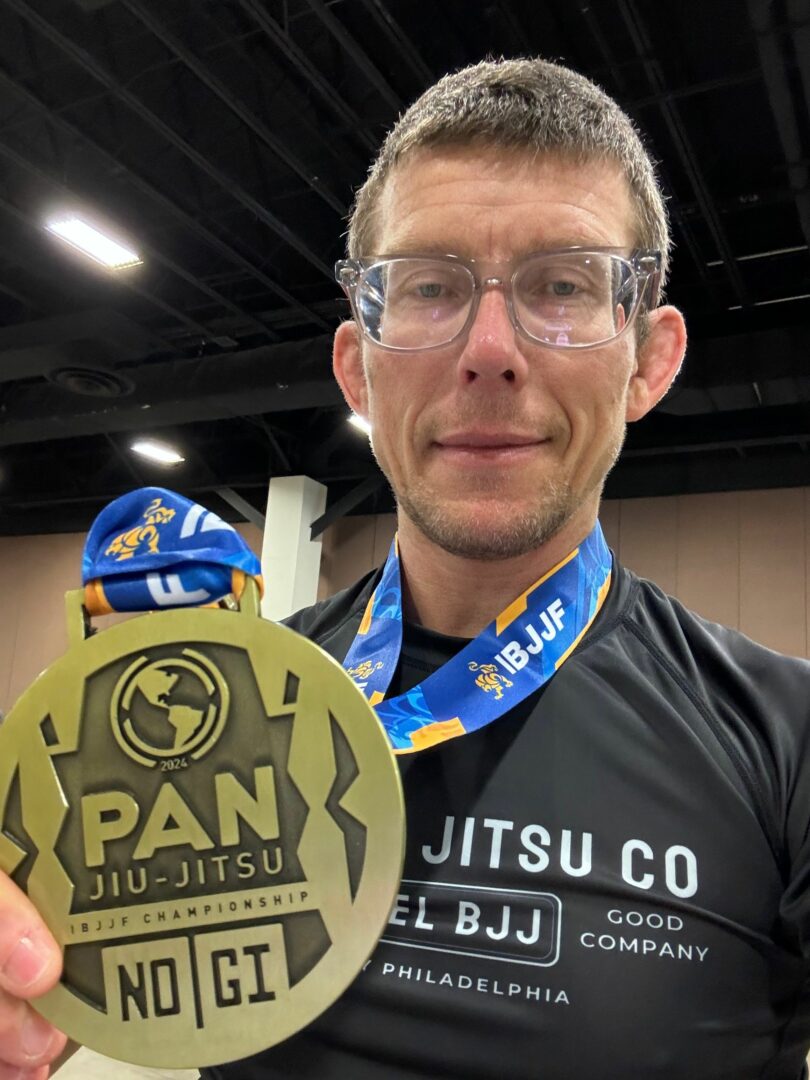Alright – so today we’ve got the honor of introducing you to Josh Vogel. We think you’ll enjoy our conversation, we’ve shared it below.
Josh, thank you so much for making time for us. We’ve always admired your ability to take risks and so maybe we can kick things off with a discussion around how you developed your ability to take and bear risk?
For me, taking the right kinds of risks is about feedback and honesty. When you take a risk, it means you put yourself in a situation where you don’t really know the outcome. You are vulnerable and you just put a big bet on yourself. If you win, awesome, the bet pays off and you gain some confidence. If the bet doesn’t work out then you get some good feedback on what you need to do to adjust your course and try again.
If you are genuinely trying to improve at anything, then taking risk is about getting that feedback and welcoming the honesty that taking a risk gives. If I believe in my Jiu Jitsu and my preparation, then I go compete. I’m placing a big bet on my preparation as competitions are physically, emotionally and financially expensive for me. Any way you slice it, the result gives me important feedback about what I believe to be true about the sport and it forces me to be honest with myself. This makes me a better practitioner/coach and allows me to serve my students better.
Productive risks keep you honest and help stave off some of the self delusion that comes with success and comfort. When you build skill or success in anything, it’s easy to start to get a big head, or believe you are something more than you really are. Good risks help keep you realistic and connected to the ground.
So, to answer the question directly, I am somewhat risk averse by nature but I force myself to take the kinds of risks that force me to grow and that keep me honest. I give myself a schedule to compete in Bjj 3 or 4 times a year and I make sure to take on challenging situations weekly that have some element of risk. Keeping this schedule keeps me disciplined when I want to be lazy and keeps my ego in check when my feet start to leave the ground.
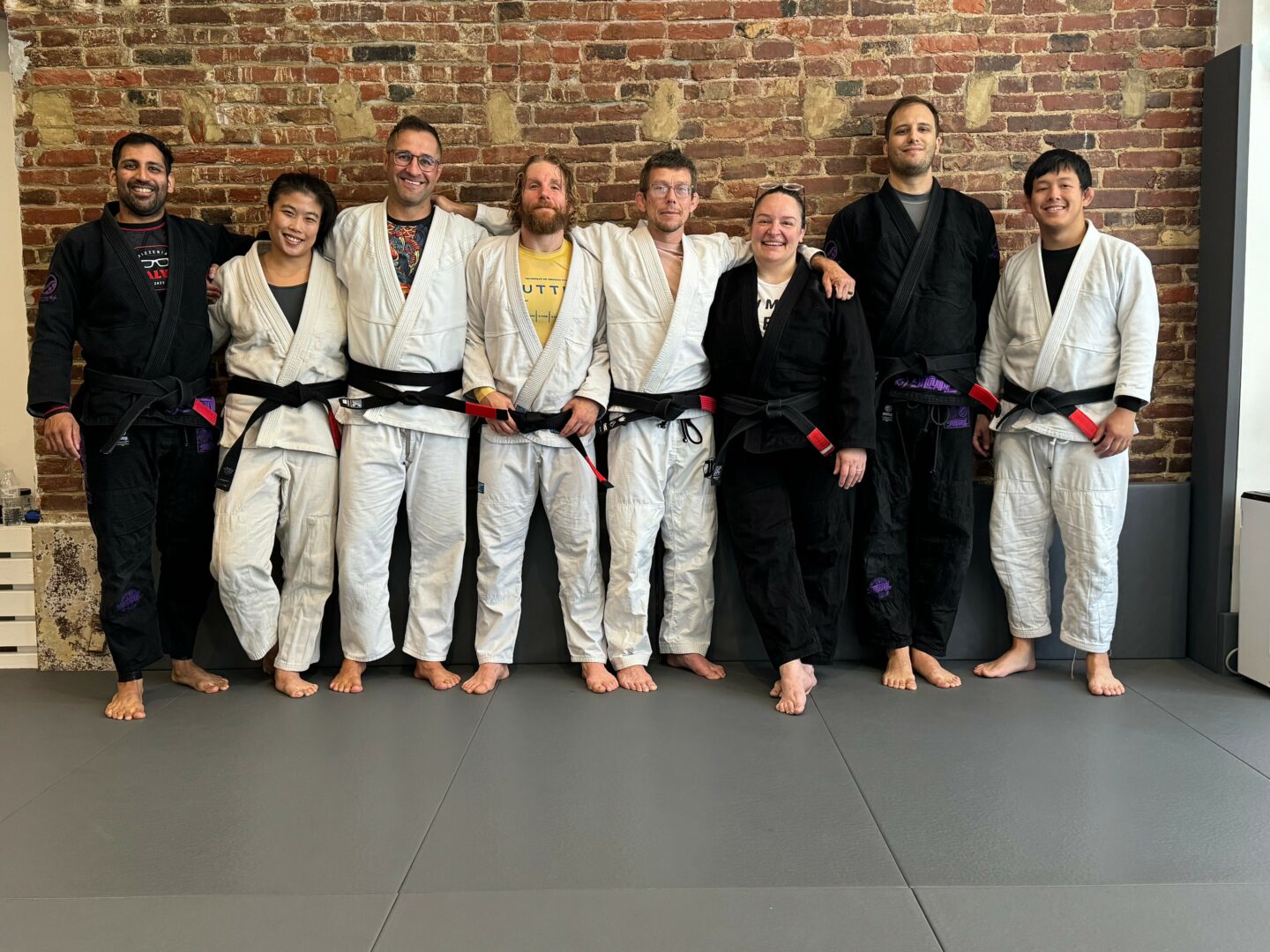
Let’s take a small detour – maybe you can share a bit about yourself before we dive back into some of the other questions we had for you?
My primary job, as co-owner of The Jiu Jitsu Company, is to make sure the quality of our programs keeps improving. That means I spend a ton of time studying Brazilian Jiu Jitsu, best practices for training sport, athlete preparation, curriculum and program design and helping our teaching staff improve as practitioners and teachers.
The thing that makes this special for me is the mix of mechanical and human problem solving. There are technical components that need to be shared in a classroom, or between me and my teaching staff, but we are all also humans and there’s a personal element to all of this beyond the sharing of technical information.
I love the challenge of helping people improve in Bjj, fall in love with the sport while also working within the culture of a group of people who are super cool and who I care about (and generally care about each other). My wife, Angela, is really fantastic about helping the human/cultural aspect of our school thrive and this really enriches the work that I do at the school.
As far as new stuff goes, we have recently launched our Brazilian Jiu Jitsu themed fight gear/clothing brand too! It’s called The Jiu Jitsu Co Fightwear-Apres Roll and it’s kind of an extension of the culture of our school that I mentioned above. It’s meant to be fun, light hearted gear for grappling, but also very nice quality, comfortable street clothes for hanging out with friends after a training session.
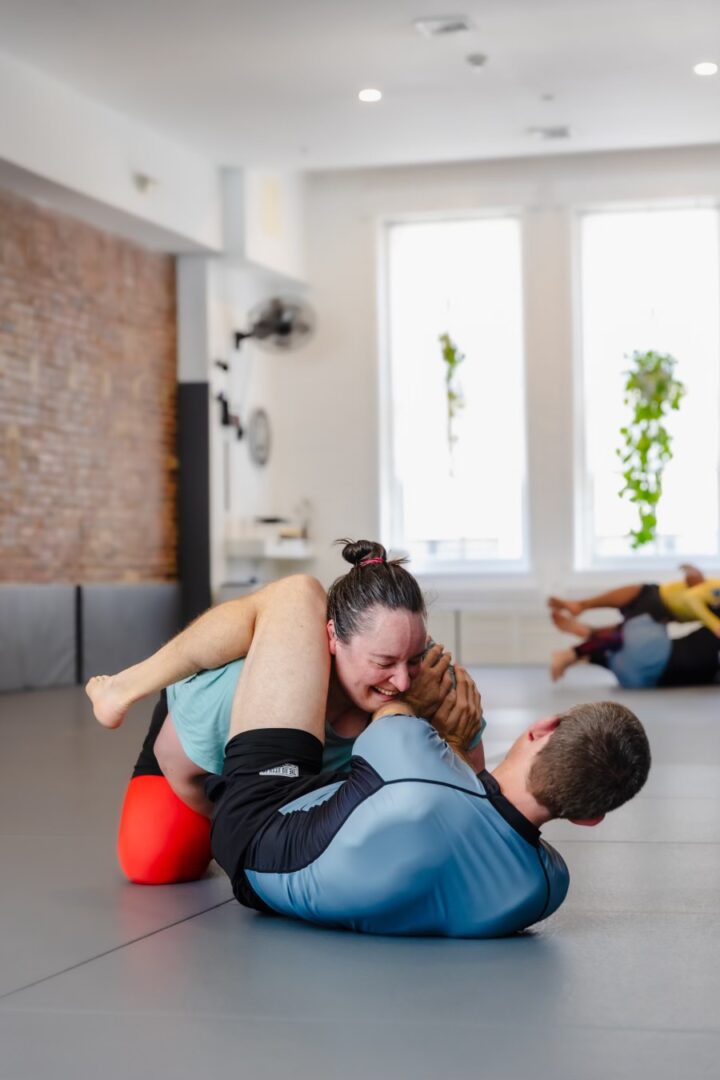
There is so much advice out there about all the different skills and qualities folks need to develop in order to succeed in today’s highly competitive environment and often it can feel overwhelming. So, if we had to break it down to just the three that matter most, which three skills or qualities would you focus on?
I think organization, discipline and the ability to recharge are really important things.
Organization means taking all the floating parts of what you are doing and creating a system. All those random foods in your fridge, if you organize them right, can turn into items in a recipe. If you follow the recipe and do it over and over again, you can gradually improve your dish based on the feedback you get after tasting it. Without a system, all you have is a can of chick peas, some tahini, lemons and a jug of oil. With a recipe, you have the beginning of a nice hummus and you can build off of that.
If you are starting a candle business, for example, then that means creating “recipes” for production, marketing, taking orders/billing and shipping. That is knowing the ingredients (shipping supplies) you need and the method for preparing the dish (boxing up the order, printing shipping label and knowing how to get it sent out). .
Discipline is getting up and doing the thing that needs to be done, over and over and over again for years. After year one, it’s ignoring the voice that wants to take short cuts, or leave work early or unfinished. It’s making quality, consistency and improvement non negotiable.
The ability to recharge makes discipline for the long haul possible. No one can run at full steam forever without burning out and quality suffering. You need to learn how to take the time you have off and use it to release everything. Whether it’s a ten day vacation or a ten minute break, if you can learn how to decompress, relax and recharge you will be so much more effective and enthusiastic during your hours on. For me, different types of meditation have been incredibly helpful for this and have taught me a lot about how powerful making time to let go is.
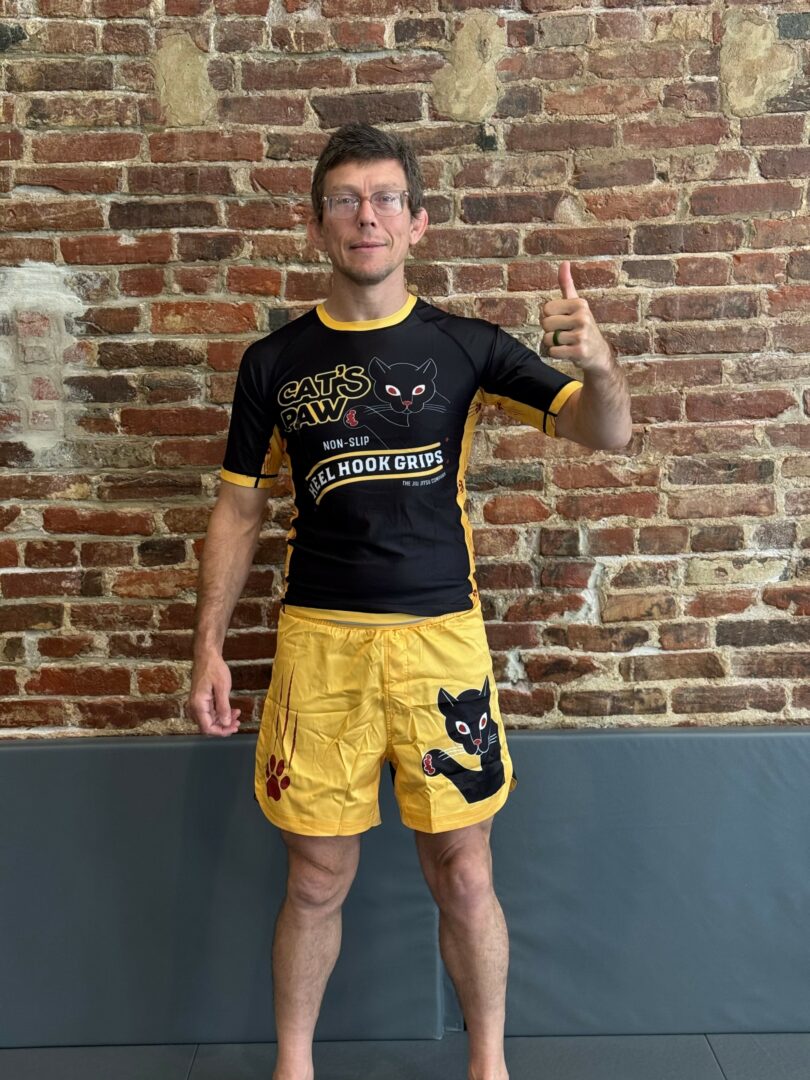
Awesome, really appreciate you opening up with us today and before we close maybe you can share a book recommendation with us. Has there been a book that’s been impactful in your growth and development?
Dune was a huge influence for me growing up. I’m about to go nerd mode:
The first theme that stands out to me is that through intelligent training, seemingly superhuman feats are possible. Obviously there are limits in reality to this, but as a teen the idea that training could create humans with mental skills to rival computers (Mentats), or have so much control over oneself that you could control people just with your voice (Bene Gesserit) or control your reaction to extreme circumstances (Gom jabbar) was mind blowing. This gave me an early love for the ideas of training and self control.
The second idea is that through patience and small actions, big changes are possible if you keep a long view. In the book, the planet Arrakis had been almost entirely desert for ages, but the Fremen had a long term goal to turn it into a lush planet with oceans and rain and plenty of water to go around. So, for generations they saved every bit of water they could while surviving the harsh desert conditions with the long term vision of their future descendants being able to live in this water rich future world.
The third big idea I loved was the idea that these main characters (Paul, and later Leto II) could look down the different paths the future could take and sort out the best possible actions based on these different courses (the Golden path). I think this theme, as well as the Sherlock Holmes books and Edgar Allen Poe’s character Dupin gave me a love of analysis, reasoning and prediction.
Contact Info:
- Website: https://Jiujitsuphilly.com
- Instagram: https://www.instagram.com/thejiujitsucompany?igsh=MTJpMTBvYTlodW82cw==
- Youtube: https://youtube.com/@thejiujitsucompany5792?si=csFr7t4t5lWP6_K_
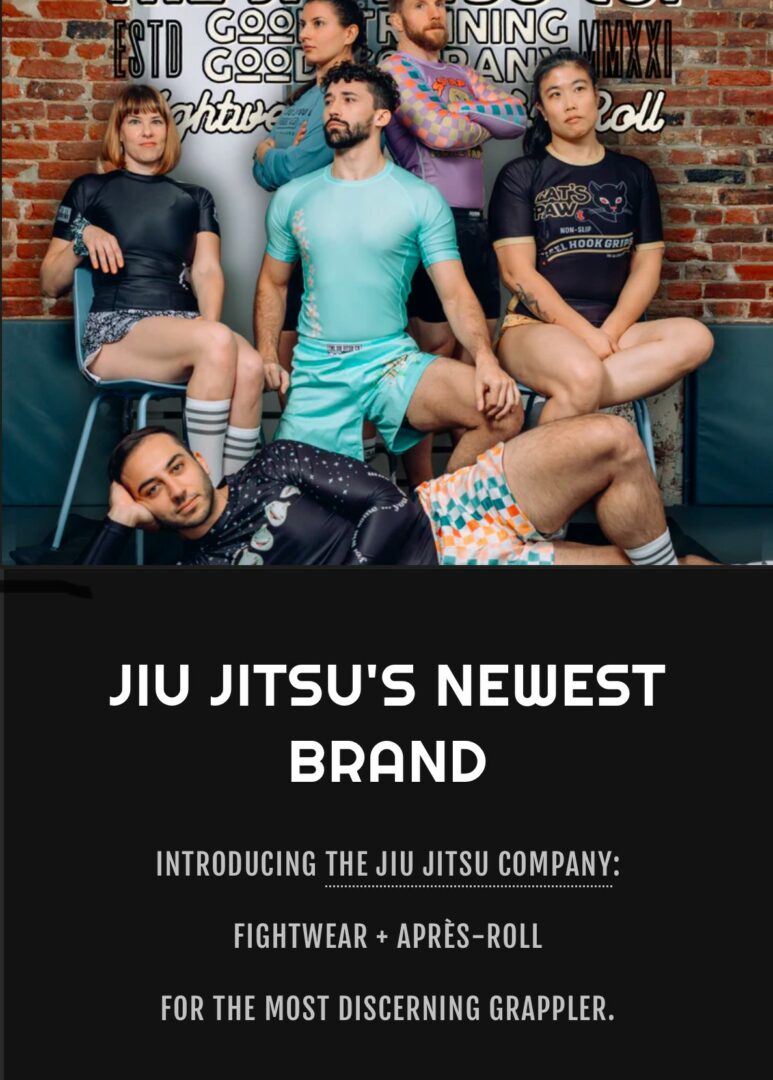
Image Credits
Thomas Sim
so if you or someone you know deserves recognition please let us know here.

